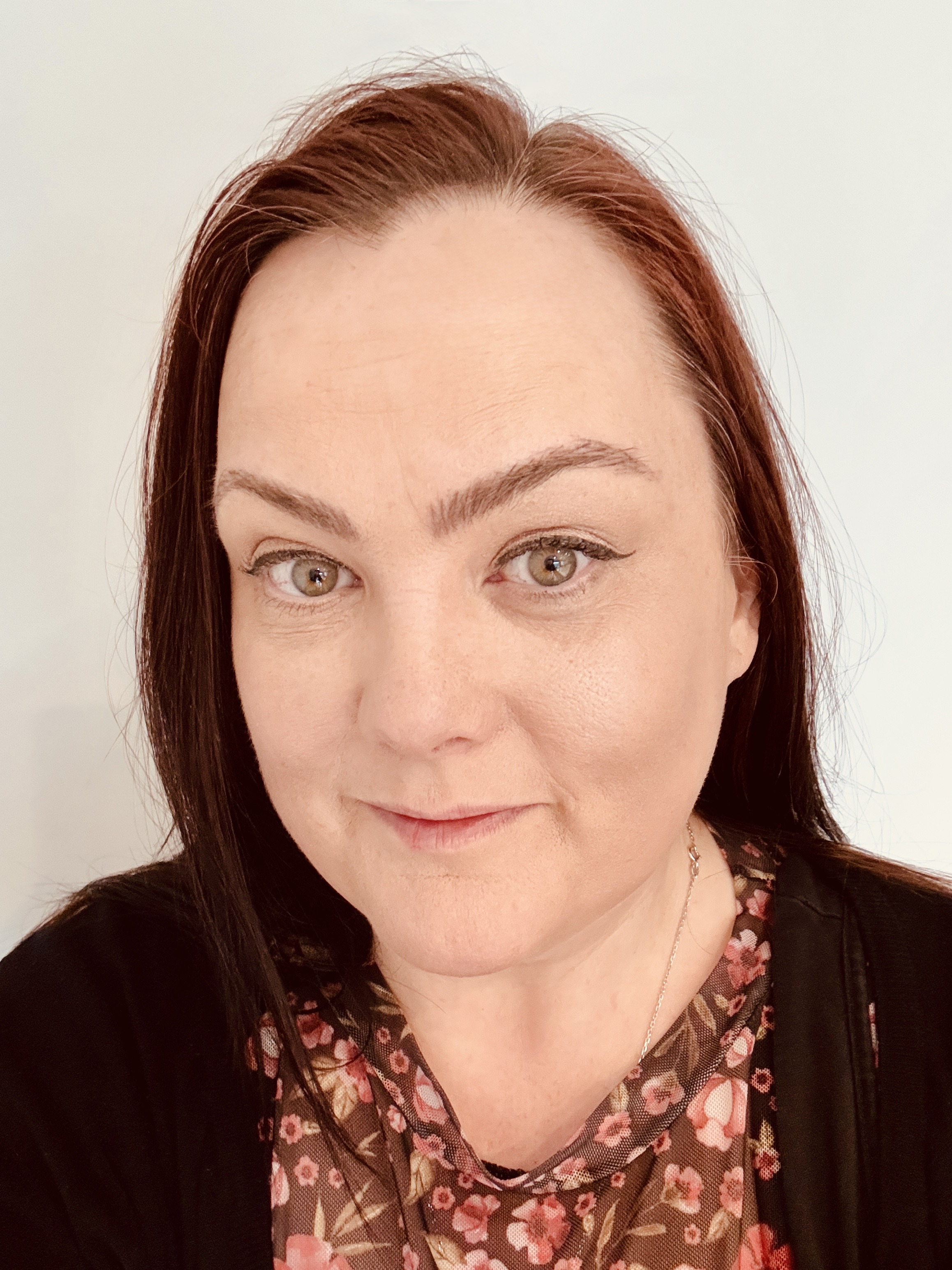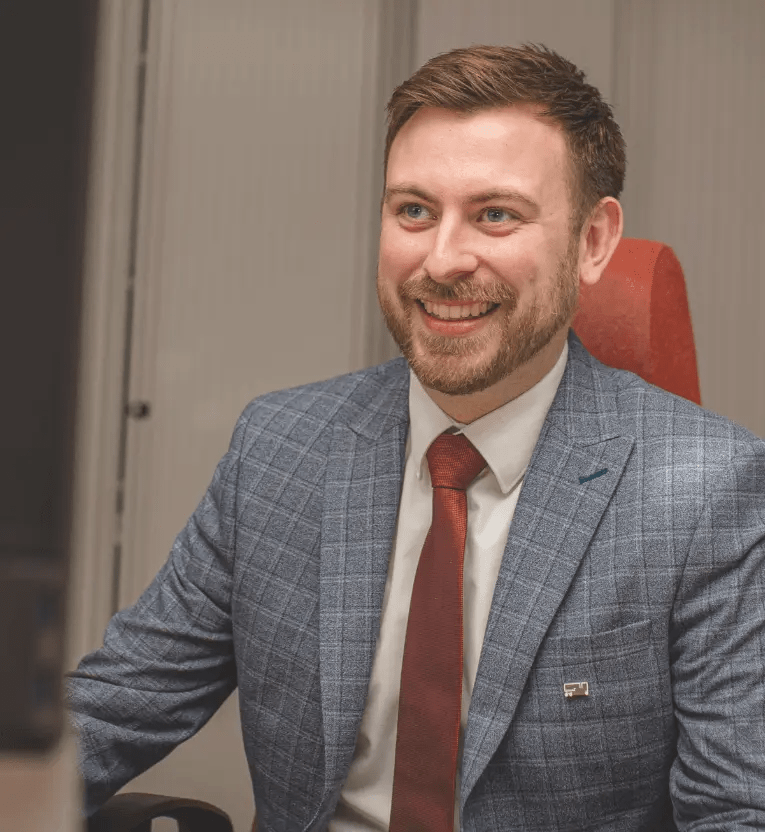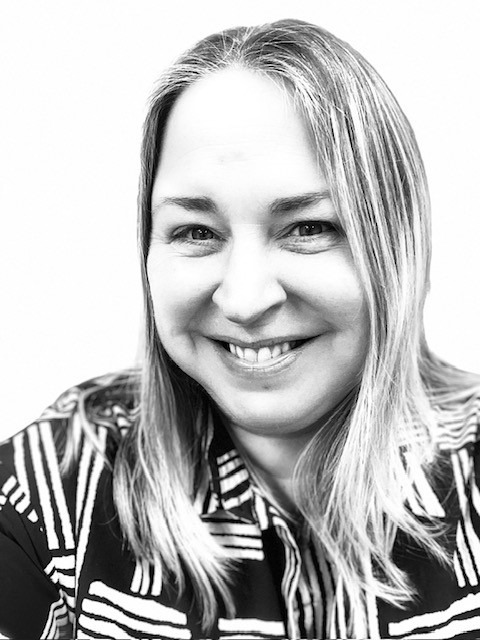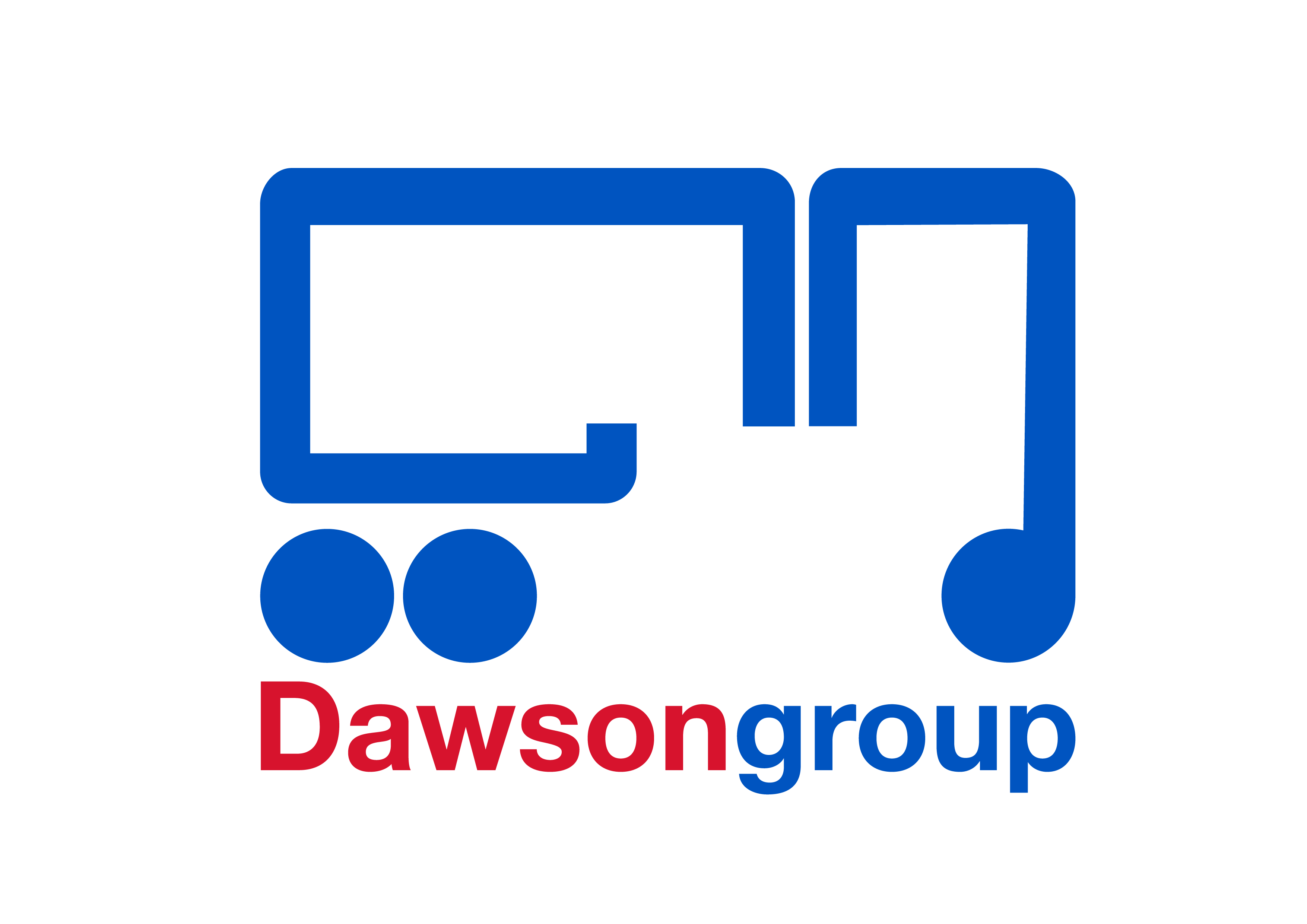Boots on the Ground: The Dawsongroup Mental Health First Aiders
In a post-Covid world, mental health has become a critical component of overall well-being in the workplace. However, the conversation about mental health support can easily lag behind those about physical health, leaving many employees struggling in silence. If employees are not cared for, there will be knock-on effects throughout the business, and society.
Many employers have taken steps towards improving well-being and supporting employees with clear, fair, and transparent policies. Here at Dawsongroup, we have also formed our well-being team, a group of passionate individuals from across the business trained as Mental Health First Aiders. This team plays a vital role in fostering safer, more compassionate environments, providing resources to those who need them.
To celebrate the Good Business Charters’ Well-being Wednesday, we spoke to mental health first aiders Sarah Gledhill, Adam Nicholls, and Caroline Griffiths, digging deeper into their vital work. They have been a part of the well-being team since its inception and have helped to grow and champion well-being in all its forms.

Sarah Gledhill, Commercial Manager at Dawsongroup | emc
How did you become a Mental Health First Aider?
AN: The well-being team was formed during the pandemic when we all needed a little bit of extra support. The business wanted to provide a space for people who needed it, and I knew it was the right thing for me. I love helping people where I can, and being a Mental Health First Aider has enabled me to support those who are often overlooked.
SG: I joined the team when it was launched. Every business allocated one person to represent them, and I joined on behalf of Dawsongroup emc. Training up to be a Mental Health First Aider and helping the well-being team grow and develop has been brilliant.
CG: I was the same, and it’s been an immense privilege to support my colleagues through these unprecedented times. I want to be there to help, ensuring that Dawsongroup is the best place to work.
What does your role include?

Adam Nicholls, Assistant Head of Fleet, Dawsongroup vans.
CG: The role is quite broad because the needs are broad. We help with individual support for any staff that discloses it to us, but we also run workshops and events throughout the year. We want to make sure that people know where to go when they need help, either with us or with one of our partner charities.
SG: I think the role is quite similar to a physical first aider. A first aider wouldn’t fix broken legs, but they are the first port of call and the interim support. We’re the same, we make sure people have the support they need, signposting them towards our partner charities. I’ve taken people to meetings at Andy’s Man Club and waited with them until they went in, and I’ve put people in contact with BEN. Everyone needs something a little different, and we’re here to help.
AN: One of the big things we’ve launched has been a series of workshops for Mental Health Awareness Week. In 2024, our Managing Directors spoke about their Peak Challenge, sharing the highs and lows of their emotional journey through the Alps. We also had Ed Jackson from Millimetres to Mountains share his story about overcoming the odds to not just walk again but also to climb mountains. It was an incredible week.
What’s one key message you’d like to share about mental health in the workplace?
SG: It’s okay not to be okay. We work at the frontline of breakdowns in the supply chain and there can be a lot of pressure there. It’s so important that we all have an outlet, as the sooner you’re open with people, the faster you can get the support you need to get on top of things. There’s no taboo here, we can help with anything.
AN: Find someone to talk to. Whether it’s us at the well-being team or a family member you can confide in, just having a chat can start to take the pressure off. It might seem daunting at first, but it can really make a difference.

Caroline Griffiths, Customer Accounts Manager, Dawsongroup bus and coach
CG: It’s so important that we look out for each other. Not everyone has a support system outside of work and some people only see their colleagues in a day. We need to be open to talking, helping wherever we can.
What advice would you give to others considering becoming mental health first aiders?
AN: Just do it, it is so rewarding! But really, on a serious note, make sure that ‘you put your own mask on before helping others’. Make sure you look after yourself because it can be tough at times. It’s so worth it, though.
CG: Everyone should be aware of the signs, symptoms, and factors that could be indicative of poor mental health. Not only does this help to understand other people’s behaviour, but it can also give an insight into your own mental health and how to prioritise yourself.
SG: Don’t be scared to do it, it’s great to get involved. When you’re working in a business, even one with a good workplace culture, like Dawsongroup, it can feel like quite an isolating and transactional environment. Being a Mental Health First Aider gives you the chance to break through that and create the change you want to see in the workplace.
If you’re interested in finding out more about how we support our employee’s well-being, including financial, physical and mental health, please visit our Wellbeing Policy.
For a Smarter Asset Strategy that provides sustainable business solutions, request a free consultation with a Dawsongroup expert by completing the contact form below.
UK Head office
Delaware Drive
Tongwell
Milton Keynes
MK15 8JH

Dawsongroup Limited | Company reg. no. 01902154 (registered in England and Wales)